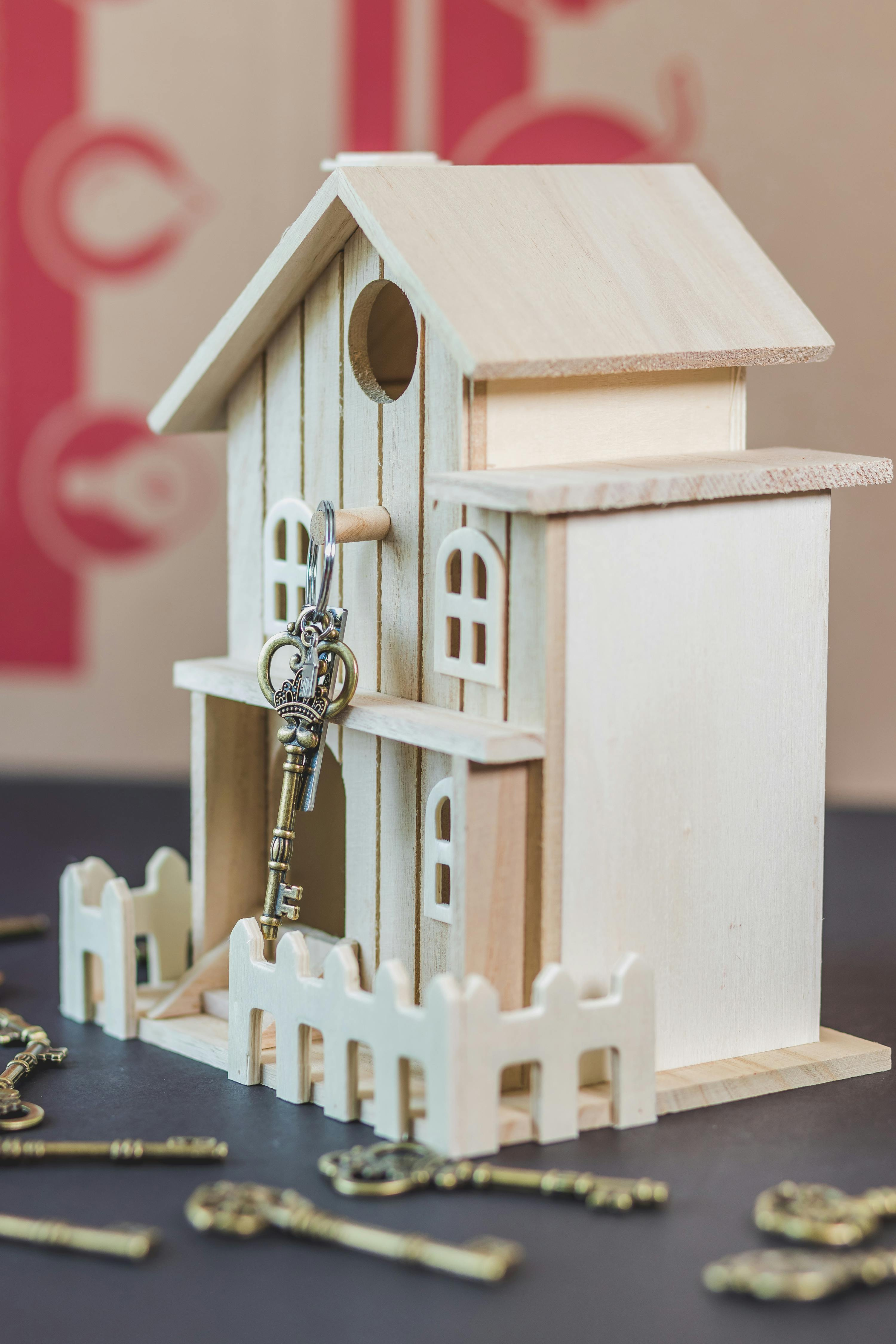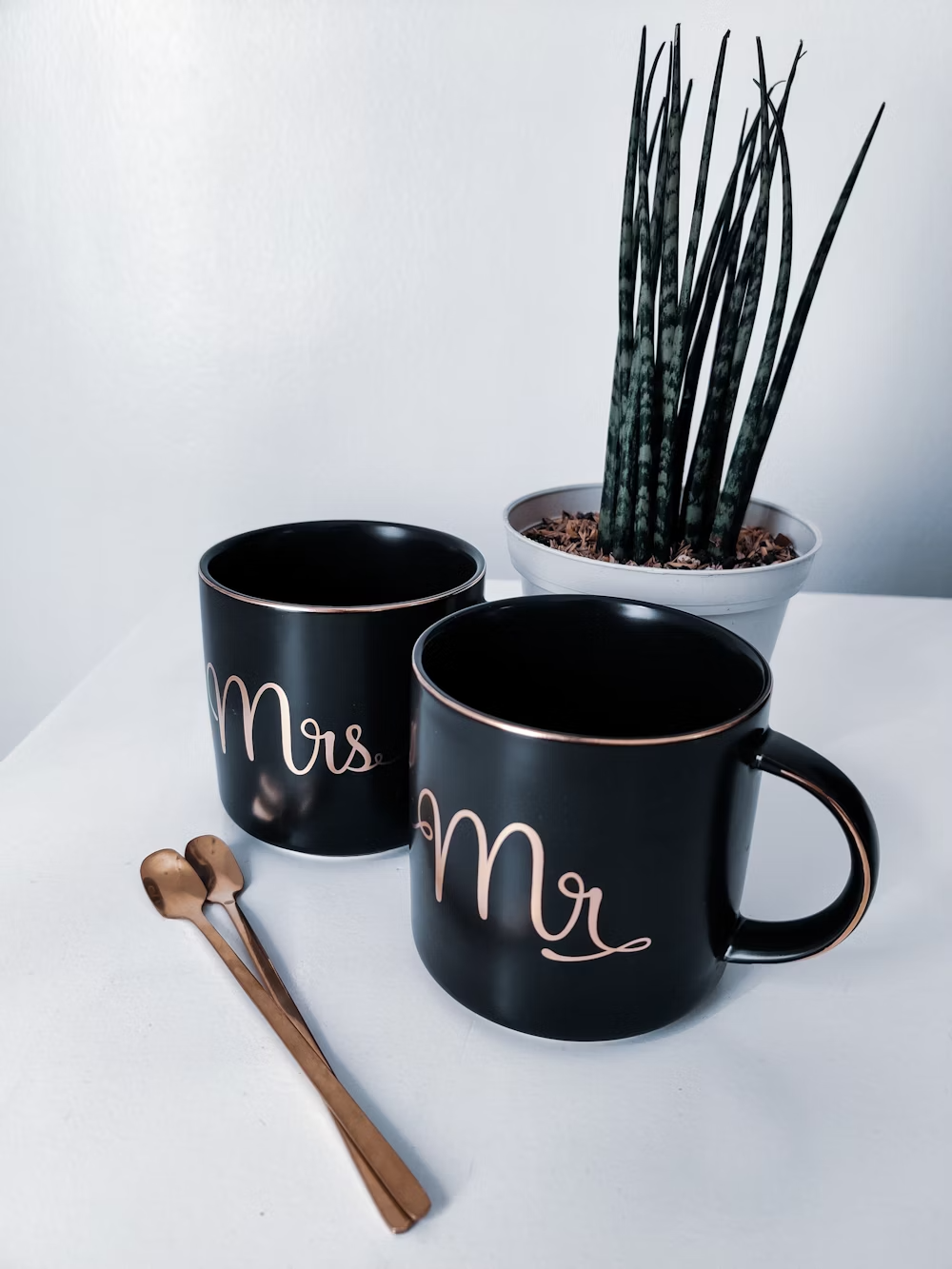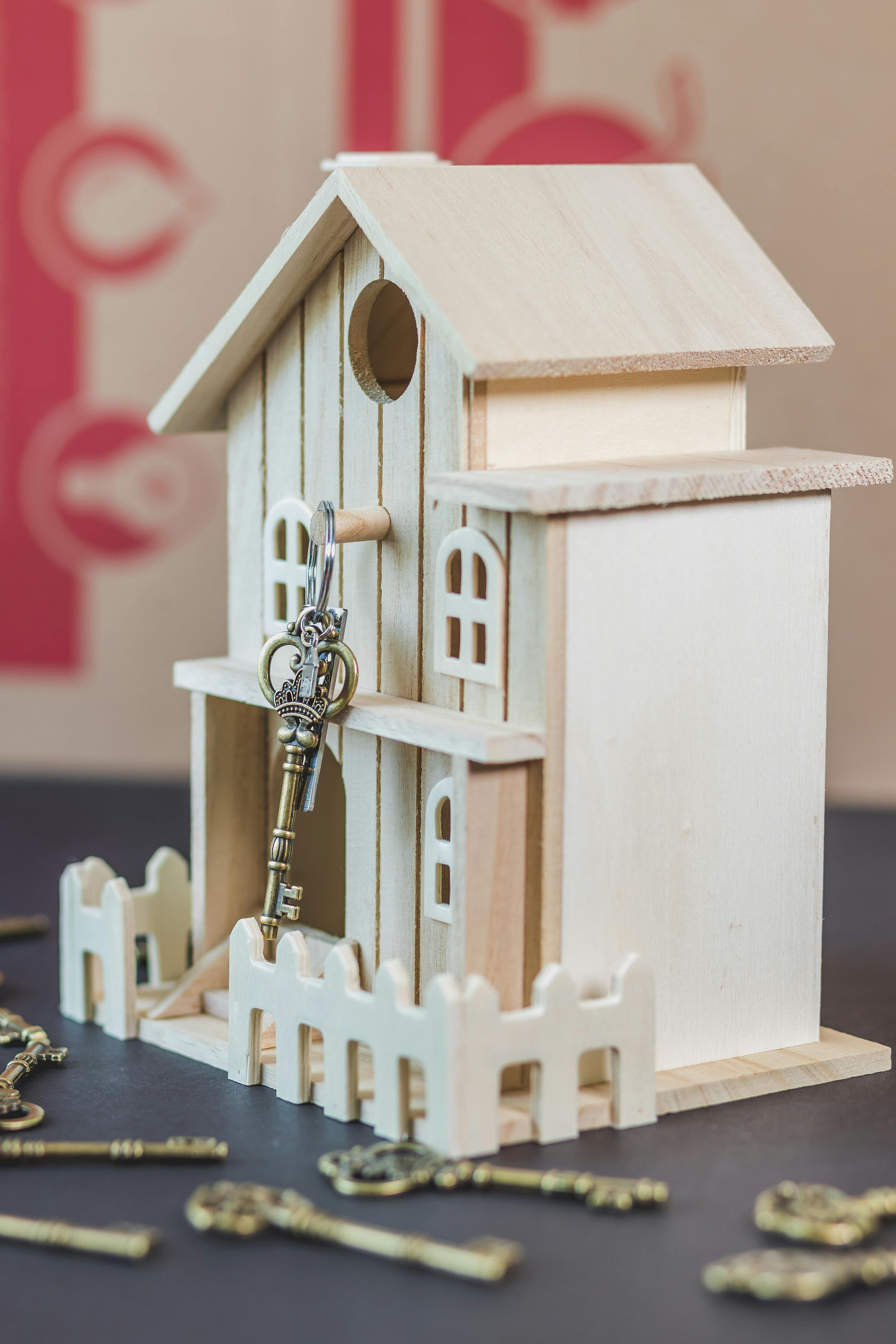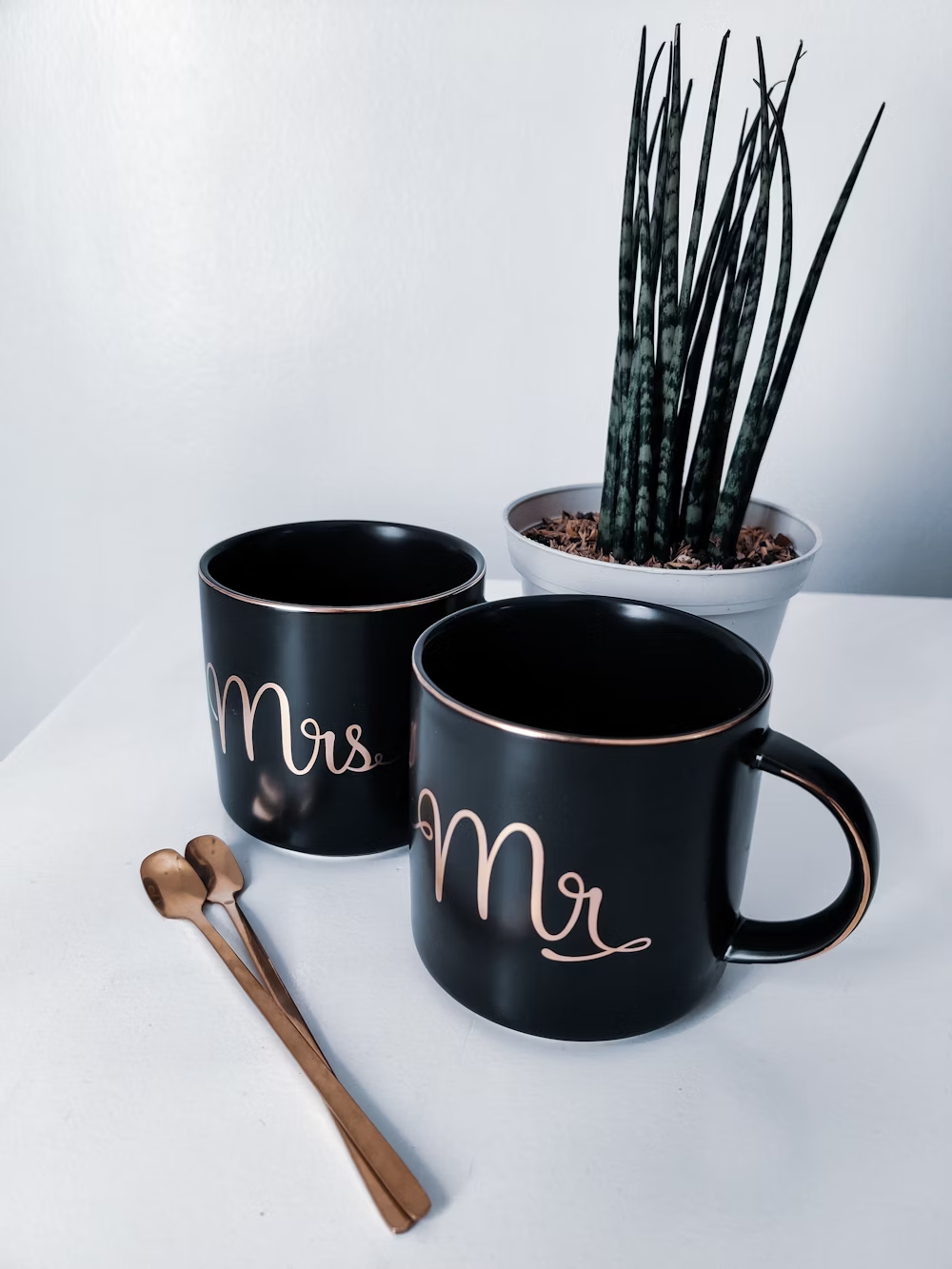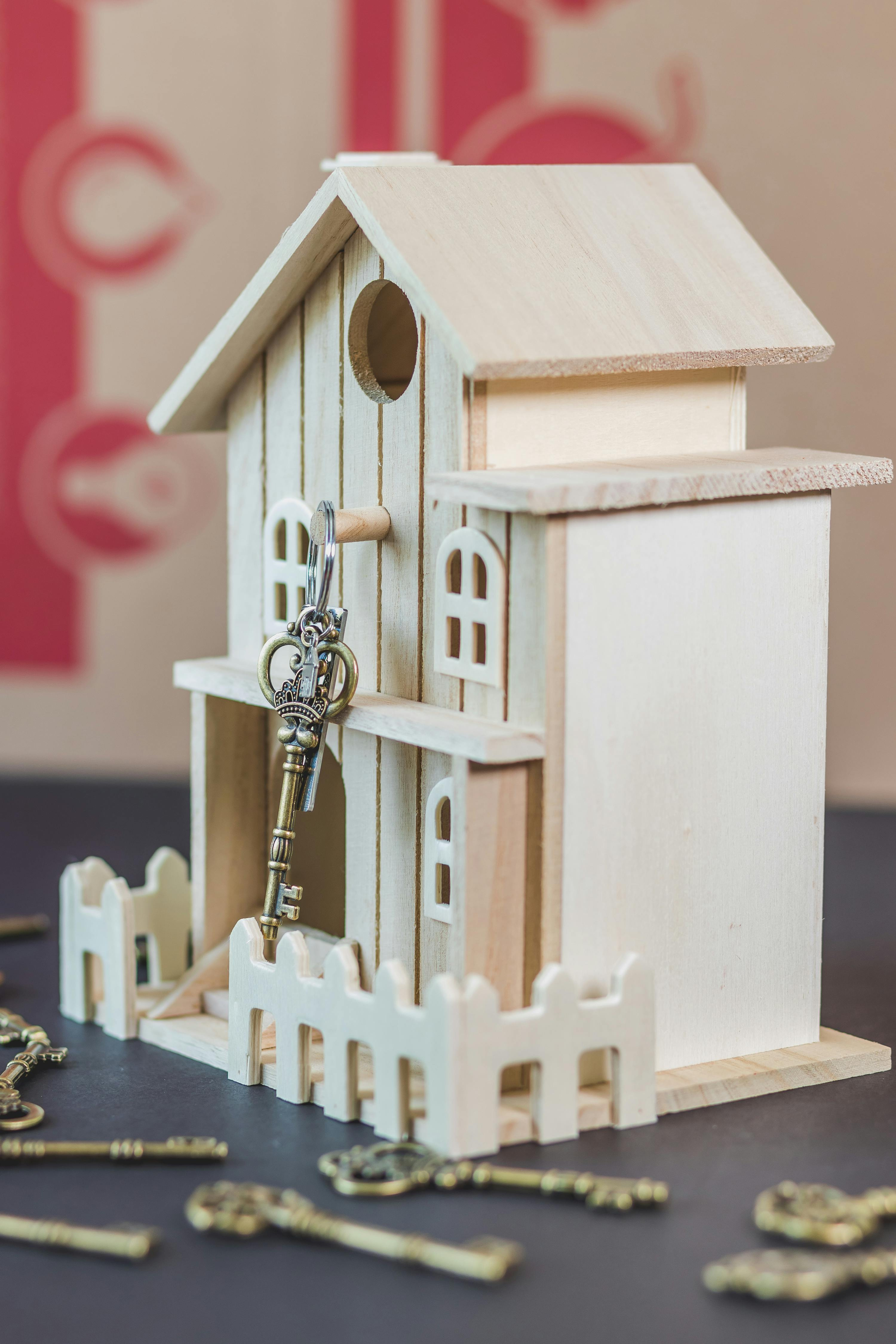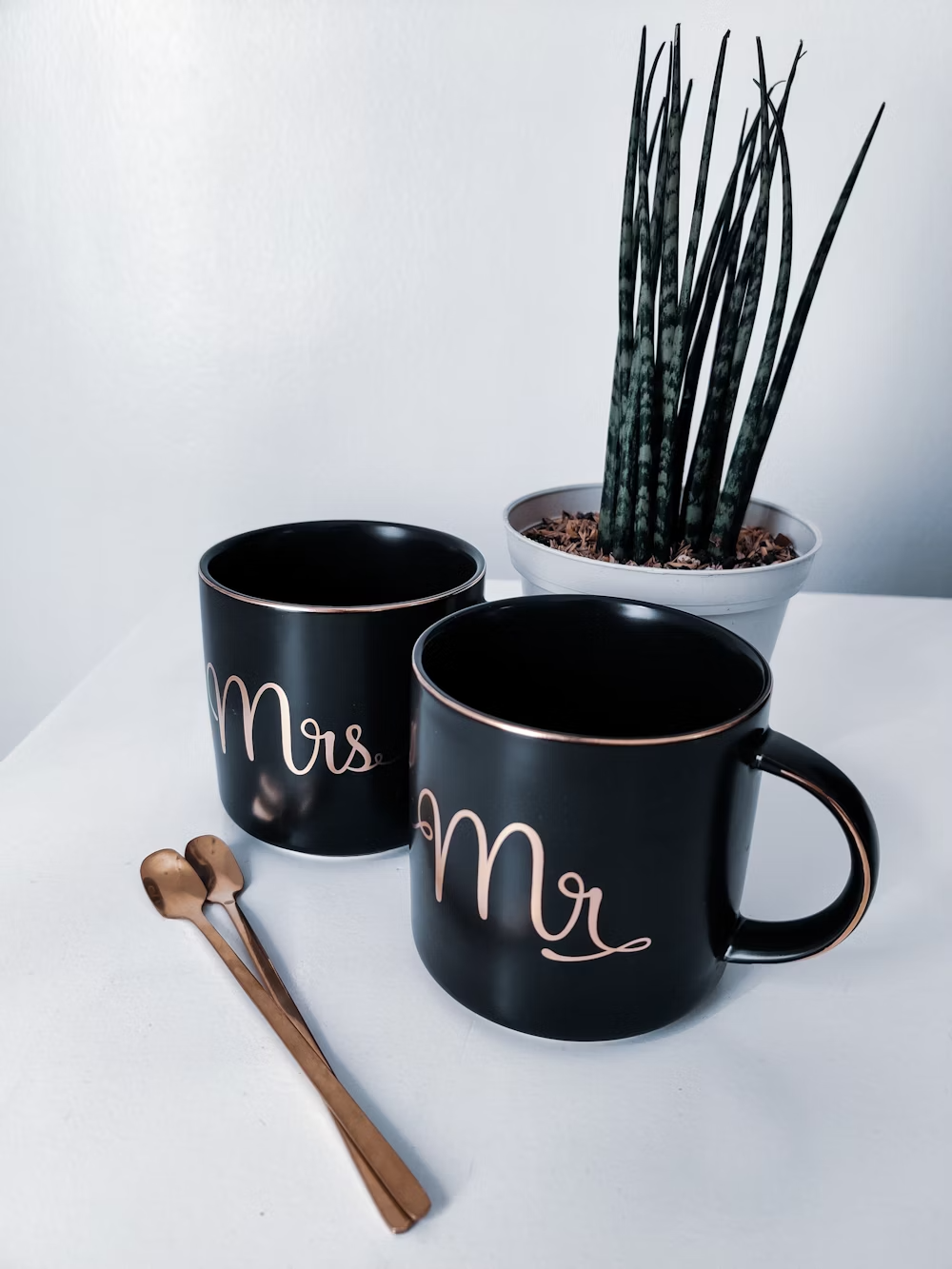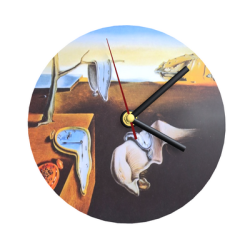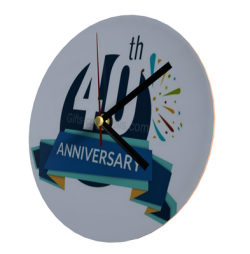Clock with artwork
13th century. Mechanical clocks began to develop. More than thirty testimonies are quoted from all over Europe at the end of the 13th century. In these texts we find the purchase of iron and weights and the acquisition of expensive clocks in monasteries, cathedrals and princely residences. These prices were often considerable: six marks for the clock of the monastery of Colmar in 1278, thirty pounds for that of Canterbury in 1292, fifty pounds for a simple repair or transformation of the clock of the cathedral of Sens in 1319. Gradually, the mechanical clock, whose movement is permanently maintained by a motorised weight, replaced the boring water clock that had to be constantly cleaned and filled or emptied. It seems that these early clocks - like the water clocks - were first intended to strike a particular time (e.g. alarm clock) and a little later to strike different times of the day; these clocks were "blind": they had no dial! The striking mechanism was operated by one or more pins on a wheel of the mechanism. This transfer of technology from hydraulic to mechanical power enabled the original purpose of the clock to be retained: the striking of a precise hour; this invention has therefore remained practically anonymous. It was not until a little later, in 1336, that an important innovation changed the history of clock-making: striking clocks. A clock with a reproduction of the top 10 works of art are unusual artwork ideas,cute artwork gift ideas , perfect to buy a artwork gifts and unusual to personalise artwork gifts, special artwork gift ideas, to personalise artwork gifts for…best artwork gifts for… unique artwork gift for…
- Personalisable


















